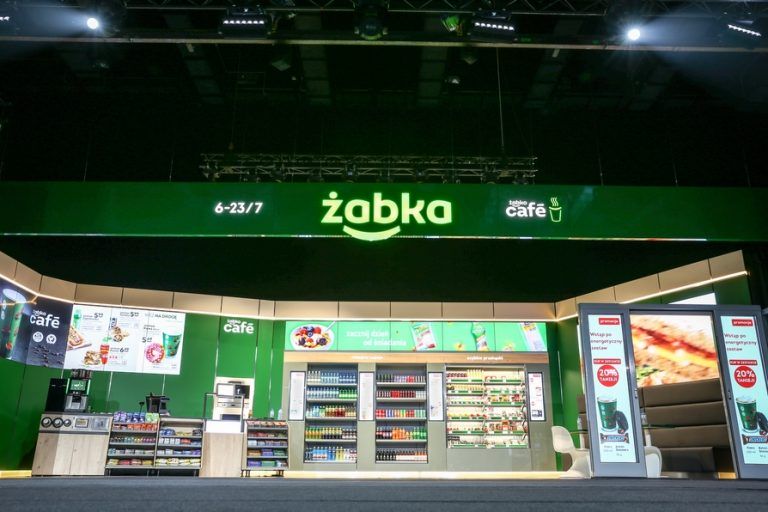Covid-19 lockdowns push shopping centers to cut back on investments

Wpis dostępny jest także w języku:
![]() polski
polski
The constant lockdowns majorly hit the operations of shopping malls. The growing debt caused by closing facilities during successive waves of pandemics may result in some major investment cuts – as much as PLN 1bn annually.
According to a recent study by PwC in cooperation with the Polish Council of Shopping Centers, before the pandemic the owners of shopping centers spent on average PLN 1.3bn annually on development, including PLN 500m for fit-out expenditures (finishing and adapting facilities to the specific needs of tenants) and PLN 800m for activities as renovations, modernizations and extensions. Considering that these are often financed with bank loans, which are guaranteed by lease agreements and future profits from them, the pandemic brings forth the most unadvantageous circumstances.
The average indebtedness ratio of shopping centers in Poland is estimated to be 55 percent of their value. Rental income minus property maintenance costs, as underlined by council representatives, ensures loan repayment and enables capital and interest installments to be paid. Trade restrictions, on the other hand, have lowered rental income and, as a result, the need to save money. When electing to build or buy a commercial facility, owners assumed a significant financial risk that included facility upkeep and the repayment of multi-billion dollar debts agreed with banks, usually for at least 20 years.
As a result of the introduction of epidemic legal regulations affecting the level of contractual rents, landlords had to change their strategies, significantly reduce their costs and planned investments, and carefully approach their leases, taking into account all the risks arising from the current legislation, in order to be able to meet their credit conditions with banks and settle their obligations. Landlords had to change their strategies as a result of the introduction of epidemic legal regulations affecting the level of contractual rents, significantly reducing their costs and planned investments, and carefully approaching their leases, taking into account all the risks arising from current legislation, in order to meet their credit conditions with banks and settle their obligations.
The total number of non-trading days of fashion stores in malls in 2020, i.e. affected by Covid-19 restrictions, Sunday trade ban and public holidays, amounted to 122. According to PMR estimates, the year 2021 will bring a rebound for the sector, albeit from a low base and still hampered by the pressure of restrictions in force in the first months of the year, after the lifting of which, customers were eager to return to clothing and footwear stores (in May 2021, the highest turnover, according to PRCH, was recorded by fashion retailers).
According to PMR estimates, the year 2020 brought a year-on-year decline of -16.3% for the clothing and footwear retail sector in Poland, offset by growth in the online channel. However, online sales were still unable to compensate for the losses caused by reduced spending on fashion categories (which were declared by 55% of respondents to PMR’s survey conducted in August 2021) and mall closures. The projected growth rate for this year is 14.0% and does not allow for making up for last year’s losses, which, according to PMR forecasts, will only happen in 2022.
The situation related to the pandemic has also significantly affected the willingness of Poles to visit restaurants, bars and other food outlets. In a survey conducted by PMR in early November 2021, more than half of respondents (52%) agreed with the statement that “the current rise in infections discourages them from visiting catering establishments”. It remains to be seen how much the declarations of the respondents to our survey will ultimately translate into real traffic in catering establishments at the end of the year. However, the results obtained by PMR are alarming.
When asked “if you are forced to cut down on spending (for whatever reason), will you first give up visiting restaurants and ordering food?”, 63% of respondents answered in the affirmative. Only 8% of Poles responded that they would not cut back on dining out in the first place in such a situation. According to analysts, this fact may pose a serious threat to the recovery of the HoReCa market in Poland.







